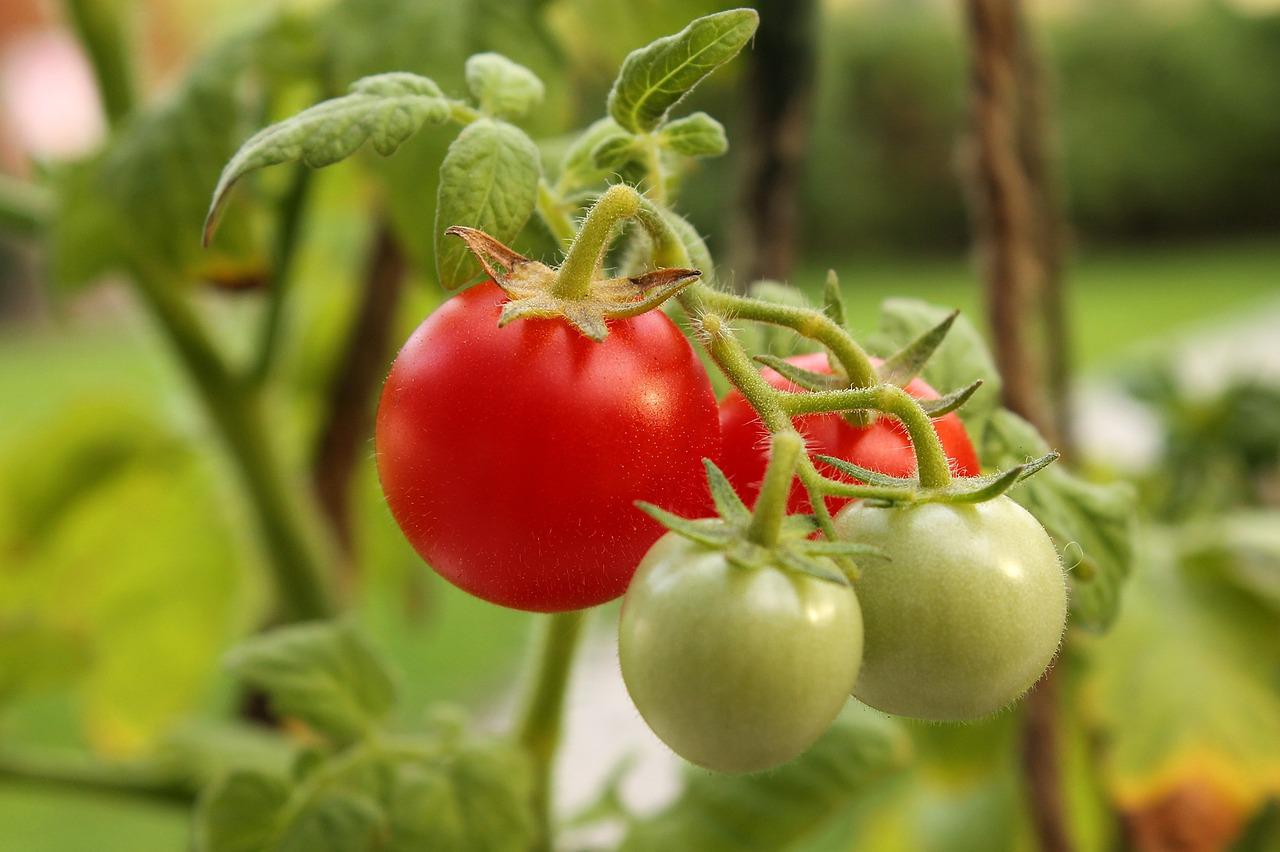A UF/IFAS scientist is part of a team that is conducting tomato research into nematodes and warming temperatures.
UF/IFAS scientist and assistant professor of molecular nematology, Peter DiGennaro, is part of a team that is conducting tomato research to figure out some important aspects of the crop, according to a UF/IFAS blog. The team, including DiGennaro and two scientists from North Carolina State University have been awarded $2.3 million in grants to study the impacts of parasitic nematodes on tomatoes and the effects of warming temperatures, specifically the increase in nighttime temperatures. See the details below.
Tomato Research Details
In the blog, DiGennaro maintained that nematodes and warming temperatures are connected. “The situation with nematodes is exacerbated by an emerging concern in agriculture: the effect of warming nighttime temperatures. This unprecedented trend is causing critical challenges to crops.” The tomato research team will look at how a tomato’s genome, or genetic material, changes the behavior of the plant when nighttime temperatures increase. “Increasing nighttime temperatures, even as little as 4 degrees, have been connected to reduced yield, biomass and grain quality as well as disease severity,” DiGennaro explained.
The team is hoping the research will lead to new ways to raise crops like tomatoes that are more resilient to rising temperatures and nematode damage. Currently, tomato growers apply nematicides or pesticides to tomatoes, or they grow the tomato varieties that already exist that have some resistance to nematodes. “Understanding the nematode and the plant paves the way towards targeting the parasite directly. We are more interested in the plant genes than the nematode genes. We want to know how plants, through their genes, control their responses to nematodes and higher temperatures,” DiGennaro said in the blog post.
The research will also hopefully have broader implications. “We also see broader impacts in the future as an outcome of this research. We can identify types of tomato plants that are more resilient to warmer climates. We also want to elucidate the molecular biology behind the nematodes’ response to tomato plants under warmer nighttime temperatures,” DiGennaro said in the blog.
Griffin Fertilizer is committed to helping both growers and ranchers make sound agronomic and economic decisions in order to maximize the health of their grove and pasture. As a full-service custom dry & liquid fertilizer blender and crop protection product distributor, we will continue our mission to further advance Florida agriculture. For questions or concerns about your farm or pasture, contact us and one of our team will be in touch.

